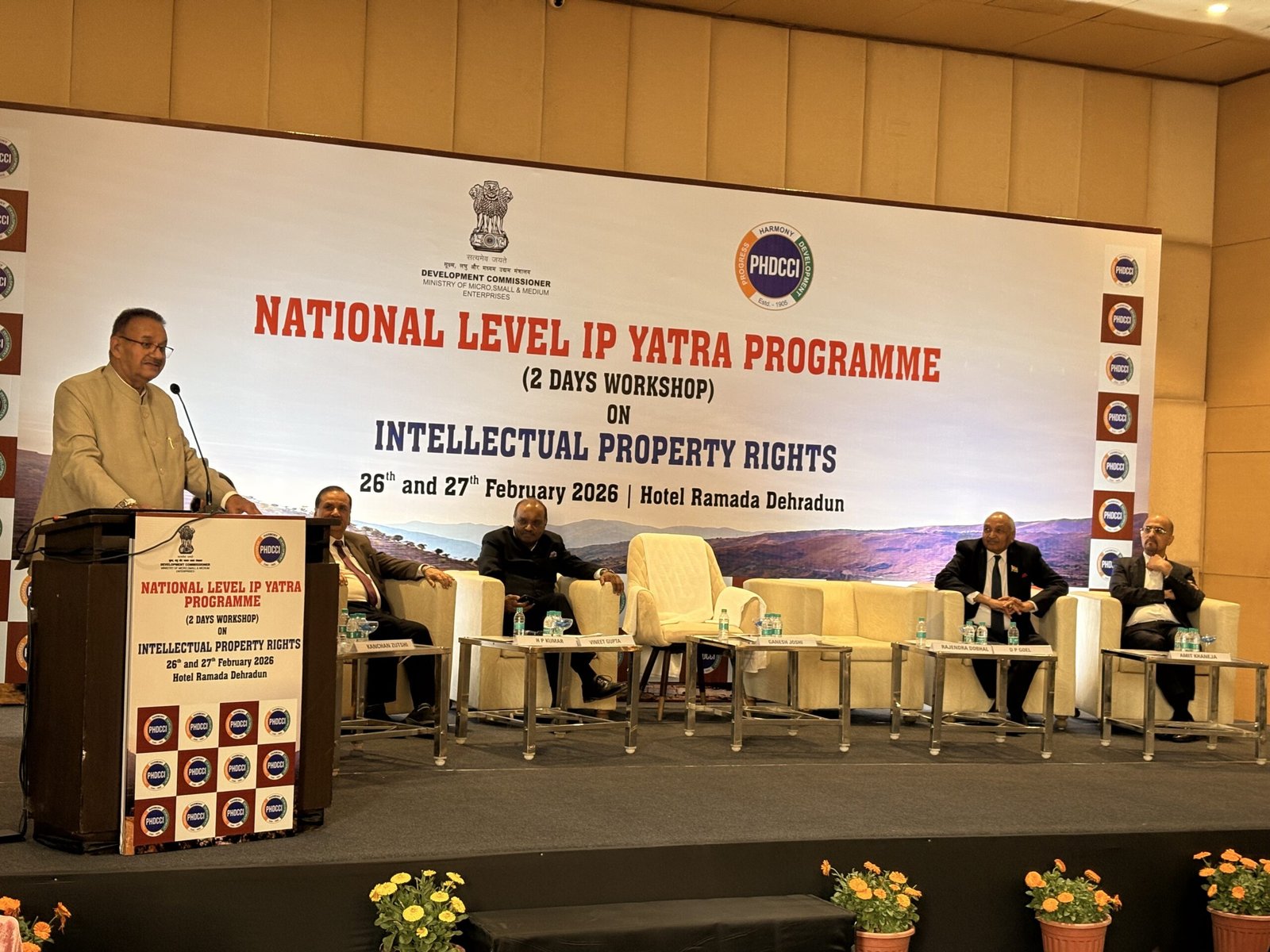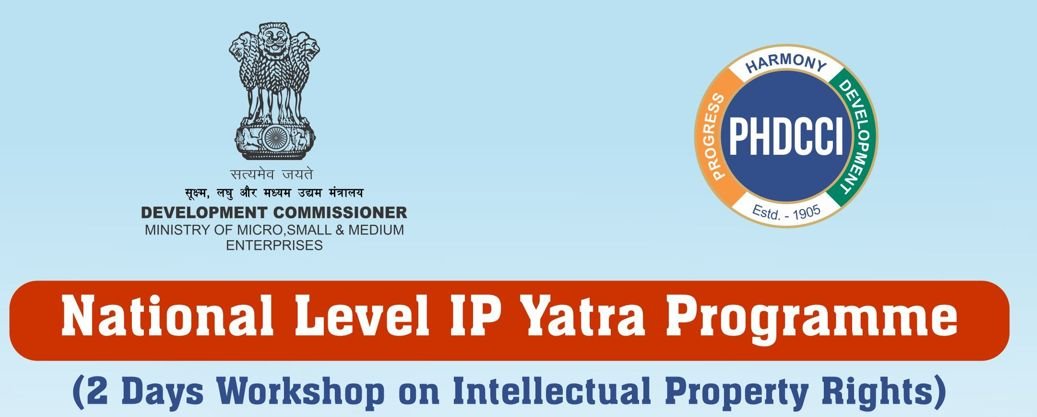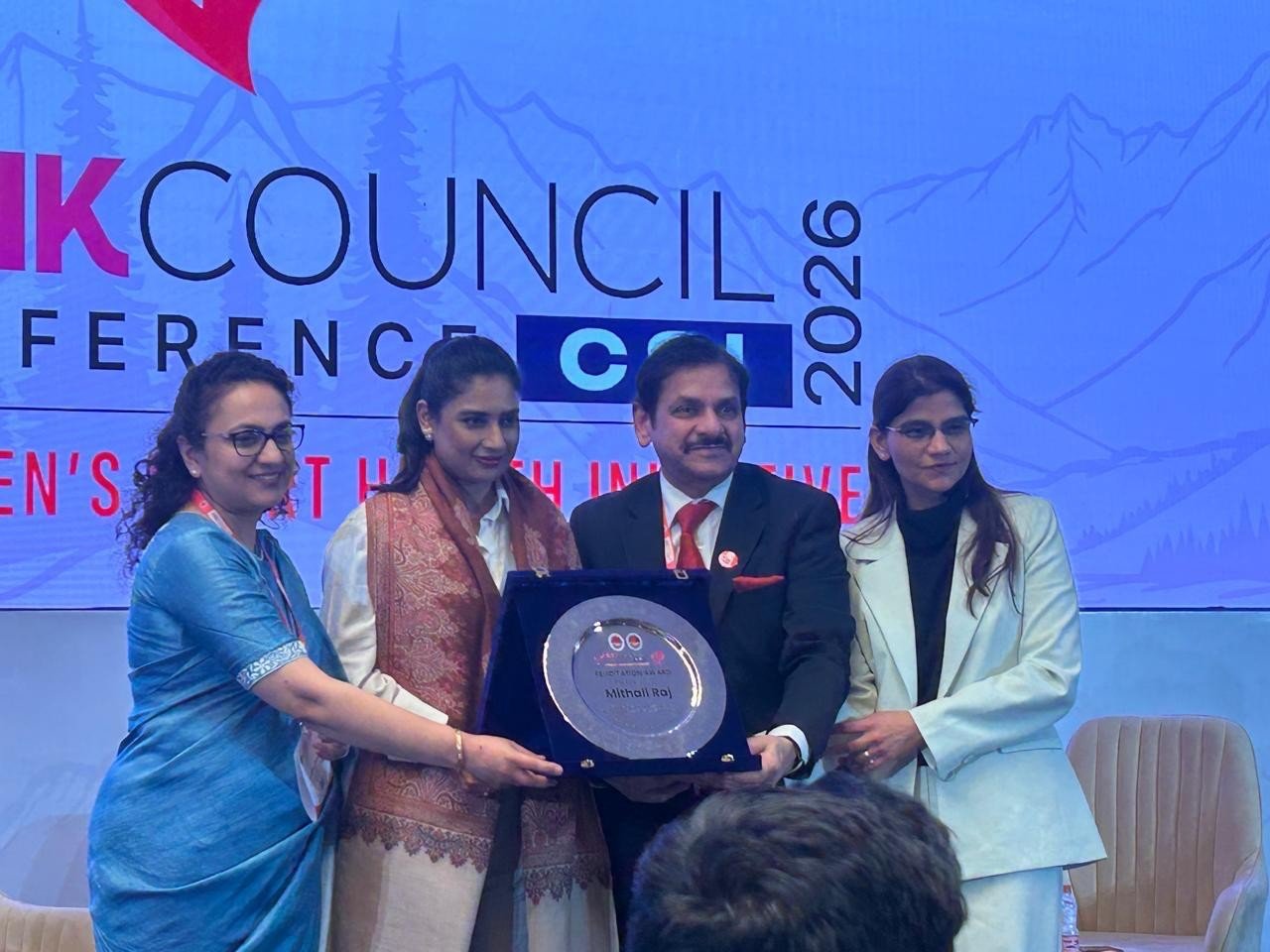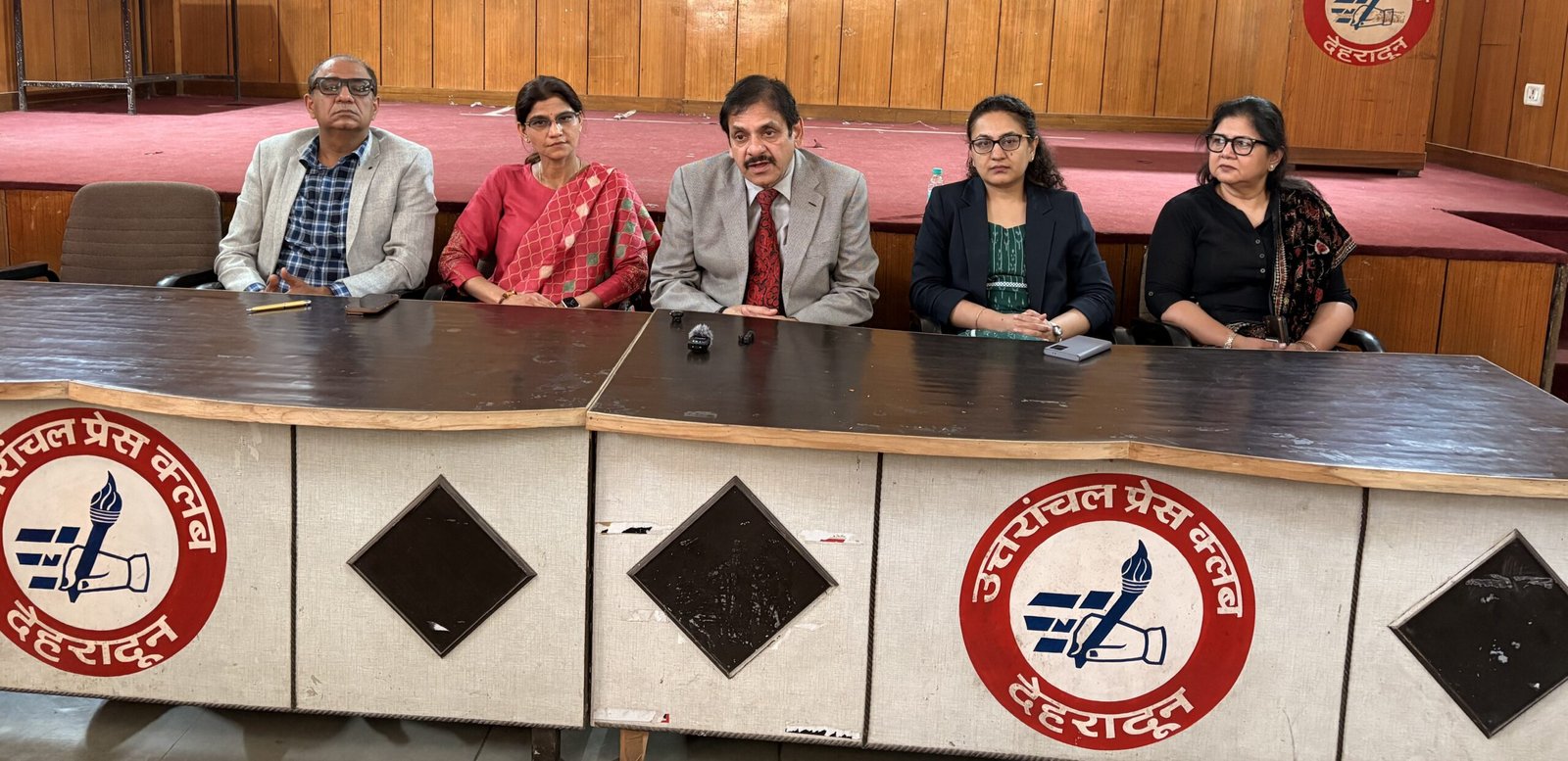Author – Rishit Chaudhary,Wynberg Allen’s School.
Mental health is a basic right of every human being. Every human being has the right to the highest level of attenable mental health.
This includes-
The highest standard of easily available and assessable good quality care.
The acceptance of society no matter the state of mental health of a person.
What is mental health- In today’s day’s modern world the mental well-being of a human being is important as it is the factor that helps us human beings to cope up with our surrounding and the stress of our daily life’s. The mental state in which a human being is determines his\her ability to do things and their efficiency in doing productive work that is beneficial for the society and them self also. Mental health is that factor of our body that determines our ability to think and to do things. Good mental health is when you can cope up with everyday pressures and activates, if you have problems dealing with everyday problems it is a sign of bad mental health and it should be consulted to a doctor or a professional.
What is the importance of mental health awareness- Before we understand the importance of mental health awareness, let us understand what exactly is mental health awareness?
Mental health awareness is the ongoing effort made by doctors that specialize in problems regarding mental health to reduce mental problems arising from stigma and stereotypes.
The importance of mental health awareness is that it helps people in recognizing the drawbacks of mental health problems and how it can affect the daily life of the person suffering from the dieses and their loved ones. It helps people by educating the people about the various dieses and the available services, the medication and various methods to cure the mental problem. In recent years “The Mental Health Awareness Month” has gained popularity although it was first recognized in 1949, but it has played an important role in recognising the importance of our mental state in our overall well-being and helping those who need the proper help. Additionally increased awareness can help reduce its stigmas and due to increased awareness, it could lead to greater mental health advocacy. Organisation such as “National Alliance on Mental Illness” (NAMI) and events such as Mental Health Awareness Month are some instruments used to advocate a greater understanding of mental health and eradicating mental health stigmas.
What are mental health stigmas- Mental health stigmas refer to the negative attitude and beliefs people have towards those people who suffer from some type of mental illness. Due to stigma people who are suffering from some type of mental illness stop their medication or treatment as they want to get accepted by the people and society.
Mental health stigmas are mainly of three types-
Structural Stigma- This type of stigma refers to the policies and laws made by the government and societies that limit the rights of people who have mental problem.
Public Stigma- The bad attitude and beliefs from individuals or from groups they have towards people who have mental illness.
Self-Stigma- This type of stigma comes from within a person who has a mental condition. The people who suffer from a mental illness may blame themselves for having the illness.
The strategies used to reduce stigma surrounding mental illness- Traditional anti-stigma camping’s were led by professionals and organisations who had experience on mental health. Now in the modern times anti-stigma camping’s are conducted by people who have real life experience and who have had mental illness.
Some strategies to reduce stigma are –
Policies and practises that reduce the regulation on people suffering from mental illness and reducing barriers for them that they have to face in setting up workplaces and getting jobs. Supportive policies that help people in finding jobs and some social security policies for them.
Having open conversations about mental health and mental illness and not using non-stigmatizing language and lectures from individuals who have real life experience or from people who had suffered from mental illness.
Educating Individuals about mental health and to reduce public stigma and not to discriminate people who have mental illness and treat them as one of us who don’t have any mental illness.
One of the easiest way to reduce stigma and to reduce negative attitude towards people suffering from mental illness is to support them by standing against various types of stigma practises and to support anti-stigma protests and policies.
Conclusion- Mental health problems are common and us as human being must learn to accept people fighting from mental health problems and instead of acting peculiar towards people suffering from mental illness, we should do our jobs as human beings and support these people. We should stop all stigma practises and treat them as they are one of us as they are.











